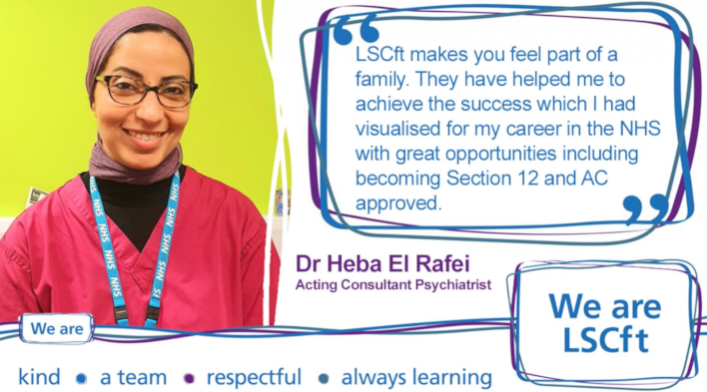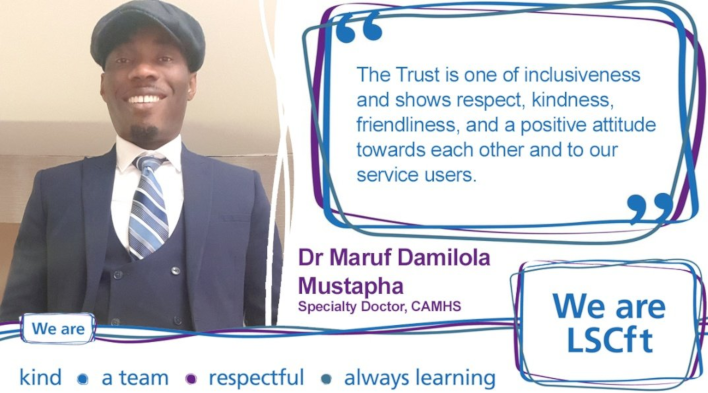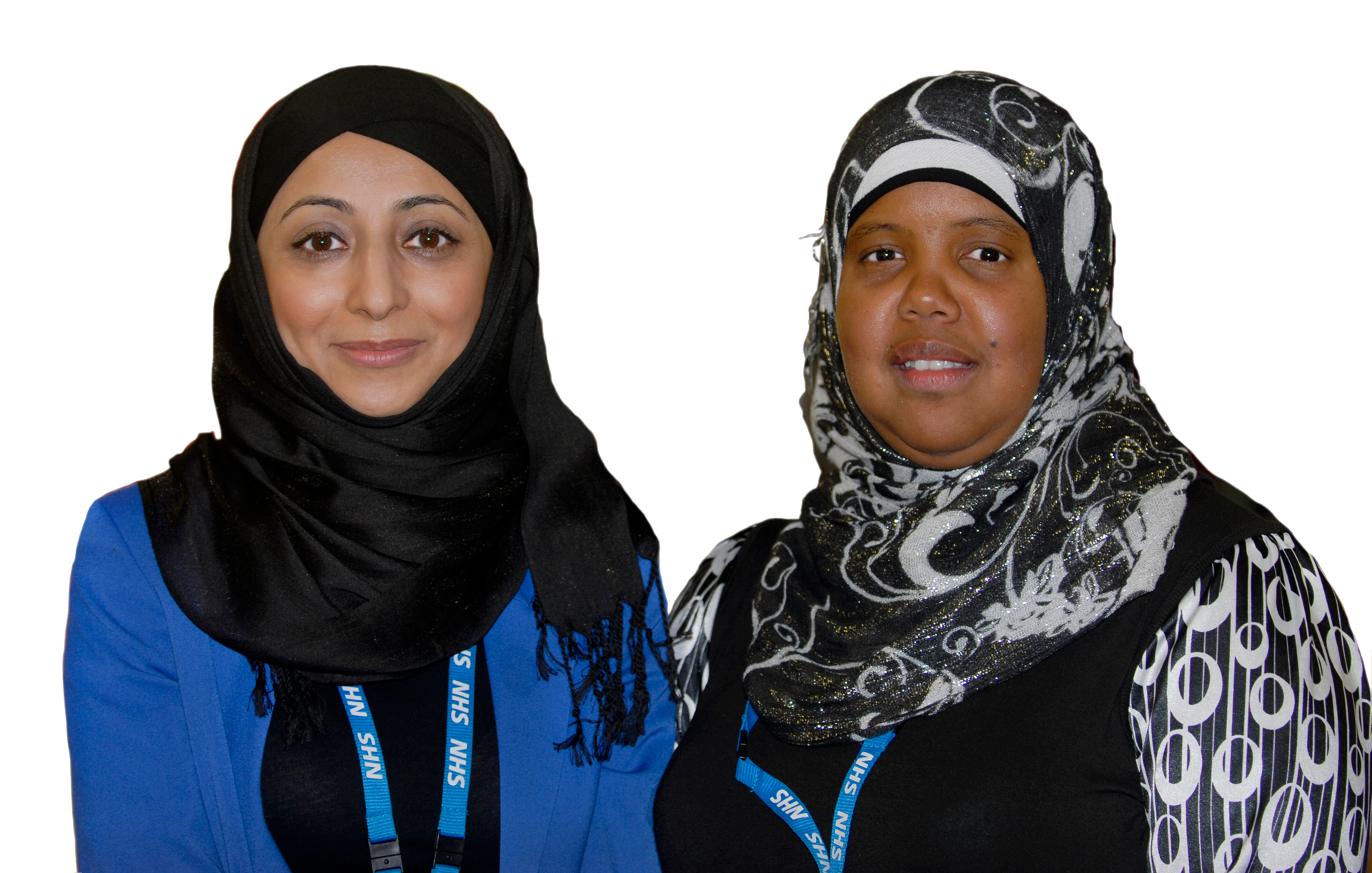
Equality, Diversity & Inclusion
Respect at the heart of our strategy
At Lancashire and South Cumbria NHS Foundation Trust we are committed to ensuring that everyone involved in the Trust, including staff, service users and carers are treated equitably and with dignity and respect.
We are working hard to ensure our workforce reflects the diversity within Lancashire and South Cumbria and that our services meet the needs of our local communities.
Trust employees have collaborated to define what equality, diversity and inclusion mean to them.
Inclusion
We believe that a more diverse workforce brings diversity of thought, which will drive success, and we want to ensure every individual is comfortable being themselves and is respected. We want to show that everyone can thrive, develop and succeed in our Trust based on their talent, regardless of ethnicity, gender, sexual orientation, or any other dimension that can be used to differentiate people from one another.
We are developing a workforce strategy to help everyone at Lancashire and South Cumbria NHS Foundation Trust think about their personal responsibility to treat people with respect and to judge others on the value of what they do and what they can bring. Our aim is to equip our managers, supervisors and those with caring responsibilities for NHS people to confidently hold supportive and compassionate conversations, and lead by example.

Staff networks
Lancashire and South Cumbria NHS Foundation Trust has four diversity networks to connect people who share experiences such as gender, race/religion, sexual orientation, disability and parenting/caring responsibilities. These networks play a vital role in fostering a culture of inclusion, and an environment where we all feel safe and look out for one another. They engage staff from across the Trust to provide support and a shared sense of belonging to our people, influence and assist in shaping and delivering organisational strategy and policy and help improve staff experience.
Equality Standards
To support our Public Sector Equality Duty, we participate in external monitoring standards which hold us accountable for improving workforce diversity and equality. These are the Workforce Race Equality Standard, and the Workforce Disability Equality Standard. Our organisational accreditations include Disability Confident Employer, which commits us to a wide range of actions to attract, recruit, retain and support staff who are disabled and differently-abled.

Reasonable adjustments
We understand our legal duty to provide adjustments on request for employees with long term conditions, impairments, disabilities and caring responsibilities. We are committed to ensuring there are no barriers in the way of colleagues carrying out their duties. We know our colleagues thrive when they have the necessary support in place.
Disability Confident Employer Scheme
In 2016, the government launched the Disability Confident Scheme, which aims to help employers successfully employ and retain people with disabilities and other health conditions. This replaced the Disability Equality ‘Two ticks’ Scheme awarded by Jobcentre Plus, which Lancashire and South Cumbria NHS Foundation Trust was previously accredited for. The new scheme consists of three levels for organisations to complete before moving on to the next. Lancashire and South Cumbria NHS Foundation Trust has been accredited at Level 2: Disability Confident Employer. Accredited employers can use the above certification on recruitment materials and correspondence.
We are focused on ensuring that we have an inclusive culture, underpinned at all times by respect – we firmly believe that diversity is simply not possible without this foundation.

Agile working
Lancashire and South Cumbria NHS Foundation Trust is committed to developing working practices through a combination of formal and informal arrangements, that support agility in terms of where, when and how we work. With the right consideration given to individual needs, those of the team and the nature of the work. Our approach helps our people manage the balance between personal and professional priorities.
Our approach is underpinned by three principles: trust and respect; focus on output not presenteeism; and open two-way communication

